Poverty is not an accident. Like slavery and apartheid, it is man-made and can be removed by the actions of human beings – Nelson Mandela
In the year that South Africa was seriously hit by a deadly flu with high death toll, Nelson Mandela was born. Born in 1918, Mandela not only lived through the deadly flu and the Apartheid regime in South Africa, he lived through World War II. The Great Depression. The Korean War. Vietnam. The Gulf War. The War in Iraq and in many part of Africa, including the Nigerian civil war. Mandela was 43 when the Berlin Wall was built and 71 when it came down. Mandela was in his mid 20’s when chemotherapy was invented. He was 2 when the prohibition begins and women receive the right to vote. Mandela was 12 years old when his father, Nkosi Mphakanyiswa Gadla Mandela died from lung disease.Nelson, Mandela English name was given to him by a teacher during the colonial presence in South Africa while his real first name is Rolihlahla, meaning “pulling the branch of a tree” or “troublemaker.”
Mandela was 9 when the TV was invented and Linberg crossed the Atlantic. He was 11 when the stock market crashed and the Great Depression ensued. Mandela was 15 when prohibition was repealed. He was in his late 20’s during the WWII and when the atomic bomb was used on Japan. Mandela was 30 when the United State recognised Israel. He was 33 when the first electric computer was made. Mandela was 34 when he opened the first South African black law partnership with a friend. He ‘travelled around South Africa, leading the African National Congress Campaign for the Defiance of Unjust Laws. He promoted the Freedom Charter, a statement of the core principles of the ANC that advocated for equality for all South African people.’
Mandela was in his late 30’s when the Civil Right Movement became prominent and was in his 40’s when JF Kennedy was assassinated. Mandela was 51 when United State put a man on the moon and 73 when the USSR was formally dissolved. Mandela was 44 when he was arrested precisely on August 5, 1962 for inciting strikes and was jailed until 1990. In 1963, at his Rivonia Trial, he gave his famous speech, saying, “I have cherished the ideal of a democratic and free society in which all persons live together in harmony and with equal opportunities. It is an ideal which I hope to live for and to achieve. But if needs be, it is an ideal for which I am prepared to die.” He did not die in prison but earned his bachelor of law degree from the University of South Africa while imprisoned. It was in the prison he completed drafts of his best-selling autobiography “Long Walk to Freedom.”
Mandela, the Noble Peace Prize winner in 1993 lived 95 years on planet (1918-2013) after the “peaceful termination of the apartheid regime, and for laying the foundations for a new democratic South Africa.” As a graduate from a Methodist High School he was baptised into the United Methodist Church. During the rise of the internet and the proliferation of technology and information Mandela became the first black president of South Africa from 1994-1999 and the first president elected after the end of apartheid, an extensive system of segregation and discrimination based on race. Celebrating Mandela’s 36, 500 days provides us a good opportunity to reflect on three aspects of his legacy contained in his speech against the global poverty at a rally in Trafalgar Square, London on 3rd February 2005. Mandela said, “Like slavery and apartheid, poverty is not natural. It is man-made and can be overcome and eradicated by the actions of human beings. I say to all those leaders [of the G7 and G8]: do not look the other way; do not hesitate. Recognise that the world is hungry for action, not words.” Mandela’s words are very prophetic. Today, are those leaders of the G7 and G8 not looking the other way? Are they not closing their borders, building walls and separating children from their parents? Using the words of Mandela, the truth is that, “No one is born hating another person because of the colour of his skin, or his background, or his religion. People must learn to hate, and if they can learn to hate, they can be taught to love, for love comes more naturally to the human heart than its opposite.” Mandela’s passion was to make poverty, slavery and apartheid history, but the reverse is the case today.
On the world’s greatest injustices, Mandela said, “Massive poverty and obscene inequality are such terrible scourges of our times – times in which the world boasts breathtaking advances in science, technology, industry and wealth accumulation – that they have to rank alongside slavery and apartheid as social evils.” The world social evils are man-made and not natural. For Mandela, “A real leader must be ready to sacrifice all for the freedom of his people,” just as he sacrificed 27 long years of isolation, deprivation, humiliation, hard labour, and unimaginable suffering. The story of Mandela from prison cell to presidential palace provides a helpful reflection to the world’s powers and leaders, that nothing is permanent in this world. The scourges of our times are that of greed and corruption, the rich getting richer and poor getting poorer. The legacy of Mandela at 100 invites the world’s leaders to make the world great by making poverty history, by putting an end to direct and indirect extensive system of segregation and discrimination based on race and colour. Using the words of Mandela, it falls on our generation to be great. To be great is to overcome poverty, slavery and apartheid. Mandela said, “Overcoming poverty is not a task of charity, it is an act of justice,” a path of an authentic and meaningful life, –a life of repentance, change, and continual growth. Mandela is saying to us, “YOU can be that great generation. Let your greatness blossom.”

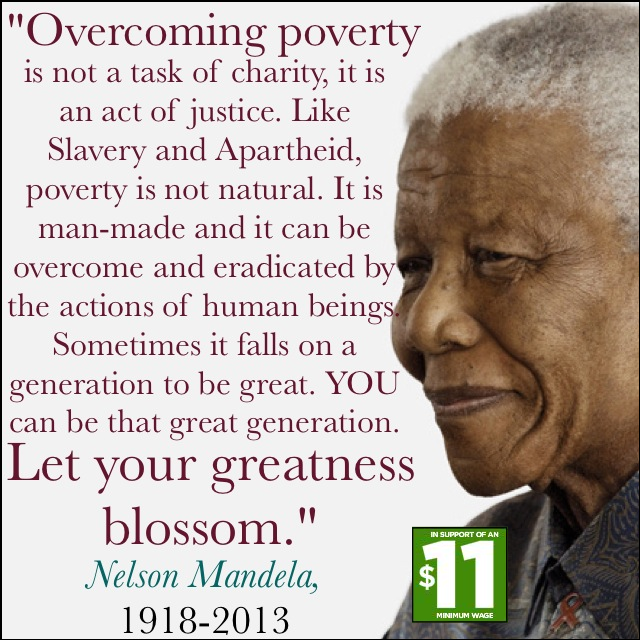
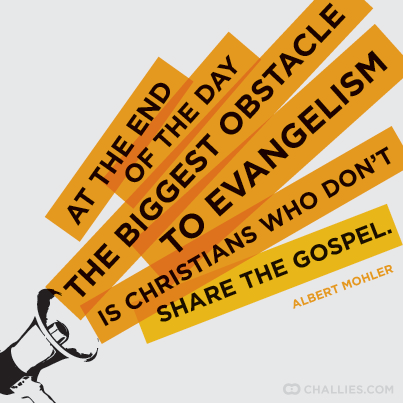
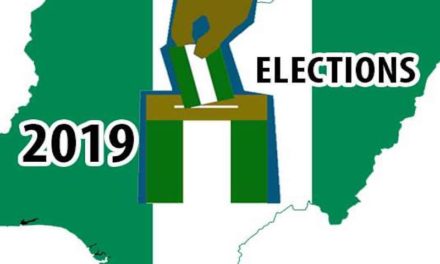
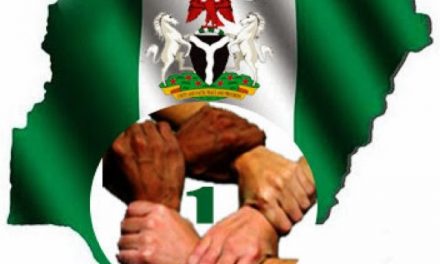
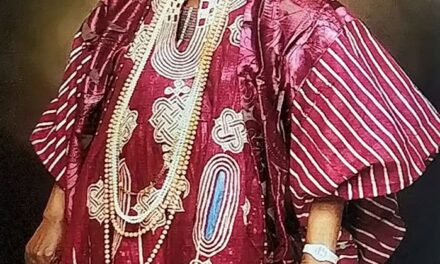





Recent Comments